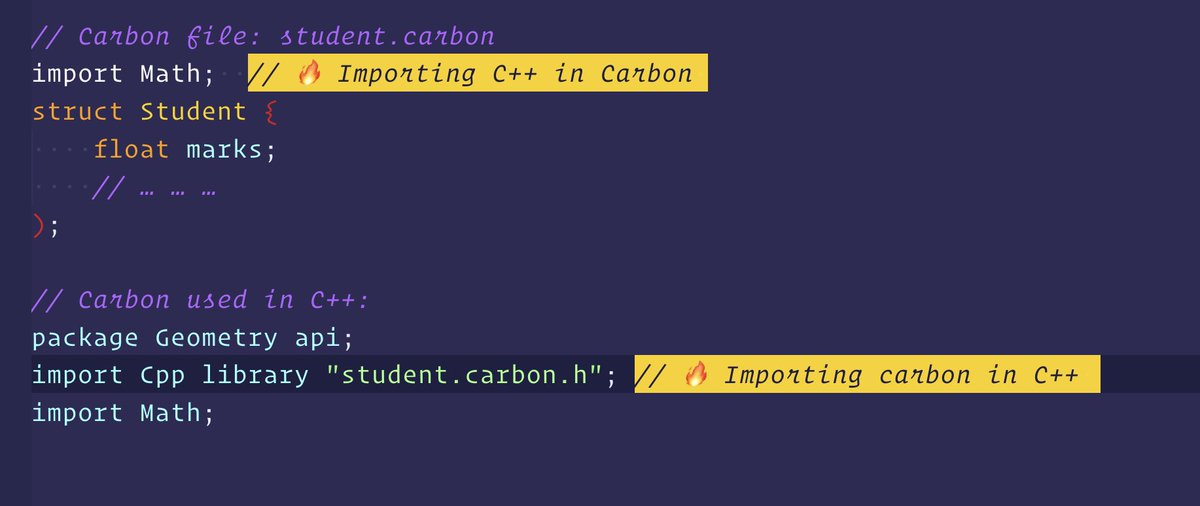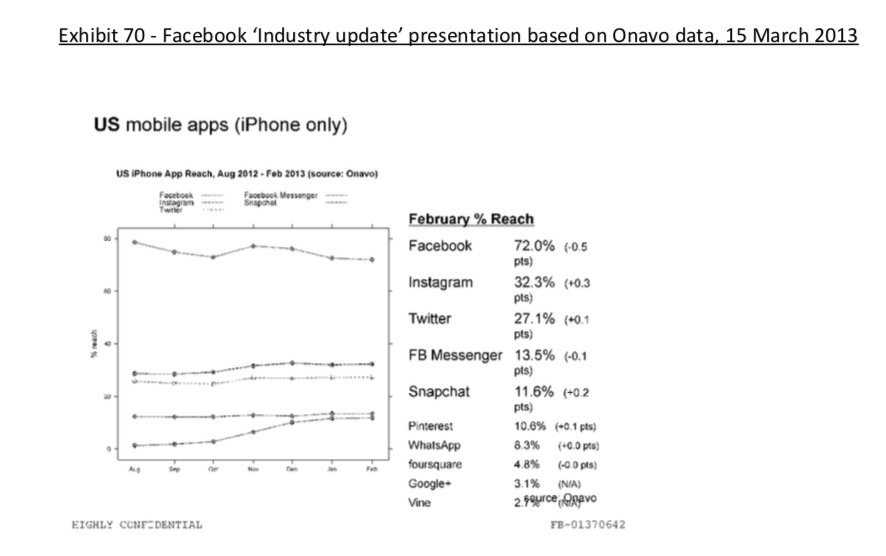It's similar to what TypeScript is to JavaScript.
JavaScript → TypeScript
Objective C → Swift
Java → Kotlin
C → C++
Similarly:
Carbon → C++
What about Rust?
Well, if Rust works for you today, keep using it.
But moving a C++ ecosystem to Rust is hard.
A good successor language
- Builds on the current ecosystem
→ Without bootstrapping a new one
- Provides bi-directional interoperability
- Optimizes the learning curve + adoption
- Ideally has tool-assisted migration support
Carbon has all of that 👆
That makes it an excellent experimental successor to C++. I especially like the migration support and easier syntax.
Carbon goals as a successor language
• Performance-critical software
• Software and language evolution
• Code that is easy to read, understand, and write
• Practical safety and testing mechanisms
• Fast and scalable development
There's more ↓
• Modern OS platforms, hardware architectures, and environments support
• Interoperability with and migration from existing C++ code — use C++ in Carbon and Carbon in C++.
I hope you learned something new today.
Follow this guy for more →
@MrAhmadAwais 🙌
Like the content? Retweet the first tweet for signal. Let's go.
https://t.co/hjAMyovrbh



